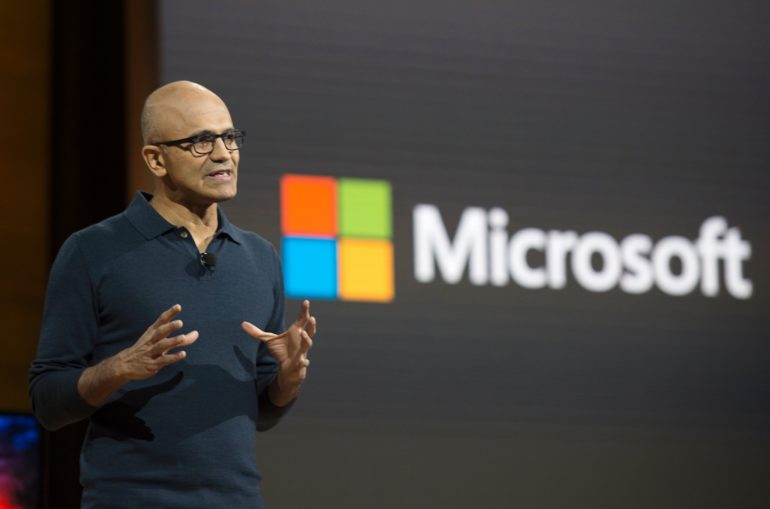Microsoft on Thursday introduced a group of services initially accessible in its Teams app that are meant to help people become more informed and avoid burnout.
The introduction of the software, under the brand name Viva, could help fortify the Office franchise, which delivers more revenue than any other product category for Microsoft, and help it stand out from competitors such as Slack, which Salesforce agreed to buy for $27.7 billion.
Viva gives workers access to online learning material, an encyclopedia of information automatically generated from corporate files, a feed of organizational updates and productivity suggestions. There are also tools managers can use to monitor the work patterns of their teams.
Some of these capabilities have existed before, under different names. For example, Microsoft has offered Workplace Analytics for tracking organizational behavior, and SharePoint provides a hub for internal content.
“What our customers were telling us is they want something more preconfigured, simple and mobile that brings all those things together,” Seth Patton, a general manager, told CNBC in an interview on Wednesday.
Teams, which includes video calling and text chat rooms, became popular as the emergence of the coronavirus caused companies to close offices and figure out virtual ways for employees to stay in touch. Microsoft CEO Satya Nadella told analysts last week that more than 100,000 people are using Teams at 117 different organizations. Microsoft is effectively packing Teams with more and more while app usage is higher than it was before the pandemic.
“I’d say it’s in Teams because that’s where remote and hybrid work is happening,” Patton said. “It has replaced in some ways or augmented the experience we all had when we went to the office.”
Some of Viva’s features will come to other Microsoft assets. When a person comes across an unfamiliar term in Teams, the Viva Topics feature will display a pop-up box containing information about it. That’s something Microsoft could add to other applications, such as Word, Patton said. The technology, which clients will have to pay for beyond their Microsoft 365 or Office 365 subscriptions, is based on the Project Cortex initiative Microsoft unveiled in 2019.
The Viva Insights component for improving workplace productivity can display information from other tools, such as Workday and Zoom, along with survey results from Glint, which Microsoft-owned LinkedIn acquired in 2018. Similarly, the Viva Learning section will show videos from LinkedIn Learning, as well as Coursera, Pluralsight and organizations’ proprietary libraries. Learning-management materials from CornerStone OnDemand and SAP SuccessFactors can be connected, too.
Microsoft isn’t alone in trying to demonstrate the power of its software as vaccines become more widely available and companies prepare to reopen their facilities. On Wednesday video-calling rival Zoom announced updates meant to help people use its software in conference rooms without making physical contact with dedicated hardware.
Nominations are open for the 2021 CNBC Disruptor 50, a list of private start-ups using breakthrough technology to become the next generation of great public companies. Submit by Friday, Feb. 12, at 3 pm EST.
WATCH: Mewawalla: Even with sky-high valuations, Microsoft still has room for further growth



